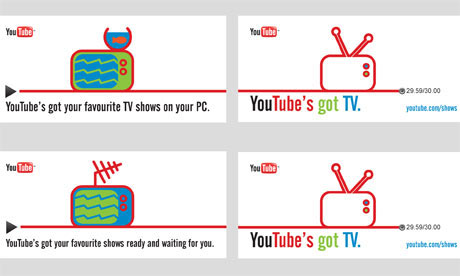I was pondering this morning on the role of digital connectivity in our lives.
I'm digital through and through, with an endless thirst for innovation and new experiences, yet I still force myself to have (at least one) "digital day off" a week (well almost entirely anyway, I am a big believer in the "mobile internet OFF" button on my phone).
Always on connectivity has many uses and advantages but it's important to remember
a) that however digitally reliant we are becoming, offline media play a role too
b) it's healthy (literally both physically and emotionally) to retain perspective by not being always connected to a device (I first had a BlackBerry in 2002 and gave it up deliberately in 2006 & have coped perfectly well without permanent attachment to an email box ever since, albeit have now got a smartphone/device or two so occasionally give in but as an exception rather than the rule)). That said I'm unusual, mobile (web) usage peaks between 7 and 10am, when pc/mac based surfing takes over to reflect people's morning routines.
So assuming it's a weekday and I'm in the office my media / digital morning routine looks like this:
1) Radio alarm wakes me up & then I head to the kitchen turning on the (digital) radio (mostly for news / travel alerts) and then the kettle
2) Read snippets from "The Week" magazine whilst eating my cereal
3) Turn on mobile on train in the morning (I am fortunate enough to have lots of friends scattered all around the world and as a legacy of days when I travelled around the globe constantly I generally turn my phone(s) off at night, so I don't get woken up by messages buzzing in). Might respond to any texts I've missed. Too early to call many people.
4) Read London freesheet The Metro / a book
5) Might check in with
FourSquare if I stop for coffee on my way to the office (more on that another time, but just started to play with it)
6) Turn my laptop on
At which point my digital day really starts properly. I need the space to think first thing, which is why I prefer to read the paper / a book / stare out the window / often walk through Hyde Park to the office rather than immediately start processing information, tweets etc etc
So once in the office, first off I open
Spotify, then Lotus Notes (urgh), then
Tweetdeck, and then Firefox (usually already full of tabs of things I've been reading / working on).
Whilst Lotus Notes is doing it's (slow) thing, I'll scan Tweetdeck for interesting tweets from my Twitterati buddies, often providing links to my morning digital food for thought, so onward to Firefox.
Normally I'll open my mail boxes, read / action important mail /news alerts, and scan Facebook quickly before going back to read any links I've opened via Tweets. I also habitually go and check the picture of the day on
Bing. It makes me happy .Then I dip briefly into
Artwiculate to get the grey matter going.
Every few days I'll also dip into my RSS feeder and scan some blog posts. Increasingly I use Twitter for tech updates and news and RSS feeds to carefully chosen blogs I like to follow / read more detailed posts than tweets allow.
And all that before 10am (ish) usually.
What does your digital morning look like?





